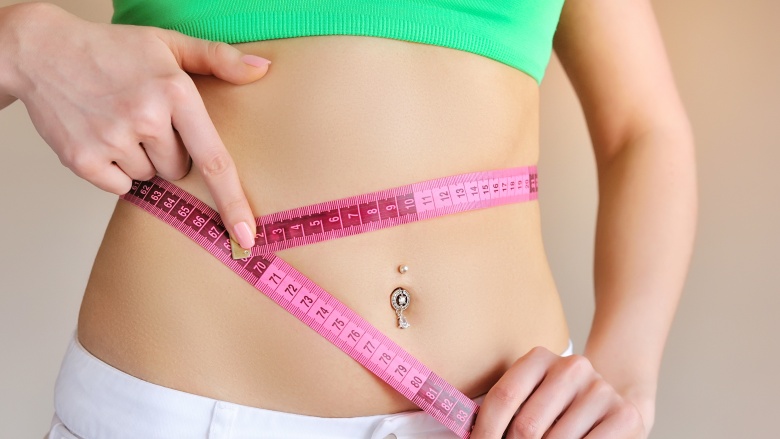The Dirty Truth About Detoxes
Detoxes come and go as fads every few months. They pop up when a celebrity claims to have miraculously lost 20 to 30 pounds using these methods and seem to gain traction through social media and tabloid magazines. But are they truly all they're cracked up to be? Is there any actual scientific evidence to support these diets? Here is a look behind the curtain on detoxes.
No scientific proof
When you're analyzing a new workout routine or diet, you should always research whether or not the lines you're being fed actually have scientific backing. No worries, we have you covered here, and here, and also here. The truth of the matter is that there is no scientific evidence that any of these methods actually work. In fact, they may actually be harming your body.
What is a toxin?
Merriam-Webster defines a toxin as a poisonous substance that comes from a living thing and is particularly toxic when introduced into other living organisms by inducing antibody formation. What that boils down to is basically anything we put into our bodies that is not absorbed and used for energy or stored as fat. So why wouldn't we want to get rid of that stuff? The fact of the matter is that our bodies do that incredibly well all by themselves through our normal liver and kidney functions. No detox needed.
Weight loss and what to expect
You may drop a few pounds depending on how long you are able to keep the detox going. However, a majority of that weight loss is going to be water weight, which you will put back on within a day or two after you go back to your normal routine. Many of these fad detoxes require you to fast anywhere from a few days, to up to 12 straight days to achieve maximum results. This will place your body into starvation mode (which the NCBI says can happen in 3 days) and can cause damage to your muscle tissue and organs, possibly leading to organ failure.
I have a medical condition and detoxing is supposed to help!
One of the most common myths is that detoxing can help diabetics have healthier sugar levels. This is dangerous and false considering a fluids-only diet combined with no sugar at all will drop a diabetic's blood sugar levels dangerously low. There's also no research showing any positive effects of a fasting detox on lowering cholesterol, blood pressure or heart disease. Yes, these medical issues can be improved by eliminating certain foods, but not by removing food altogether. With the pull of curing ailments aside, think about the effects of fasting on a regular, healthy person. Have you ever fasted for that doctor's appointment from midnight on? Now imagine doing that for one day, two days or a week straight without passing out.
Detoxing can be expensive
Not only do you have to buy whatever detox product is being peddled, you often also need a host of ingredients to mix in or supplement for "maximum effectiveness." Things like costly juices, pills, and even enemas are on the list for many of these fad diets. The expense is comparable to a typical grocery list full of meats and veggies, but instead of feeling healthy and strong, you end up feeling weak and hungry.
Detoxing and your skin
There are many factors that can affect your skin's natural beauty: genes are the biggest. Science has shown that acne is genetic and there's no way around that. What you can do, though, is minimize the extent of your breakouts through simple daily changes. Avoid greasy foods, drink more water, reduce stress, and avoid touching your face.
So what should you do?
You might be thinking, "one or two detox days couldn't possibly hurt." While everyone is different, the human body can go into starvation mode anytime between 24-72 hours, depending on your normal caloric intake. This term "starvation mode" refers to the body's natural response to not eating or drinking over a long period of time. When you're fasting, your body literally thinks you're starving, so in a fight-or-flight response, it reduces the amount of calories your body burns. This means you might notice your weight loss plateaus once your detox ends.
There are numerous proven ways to get healthy, but none are quick fixes. We all dream of finding a magic regimen that will solve all our problems, but so far, achieving results for your long-term health and well-being simply takes time and effort. Look for workout regimens or nutritional approaches that you can incorporate into your lifestyle and can maintain over a long period of time. It's better to take one small, realistic step forward, rather than two steps forward and three steps back.







